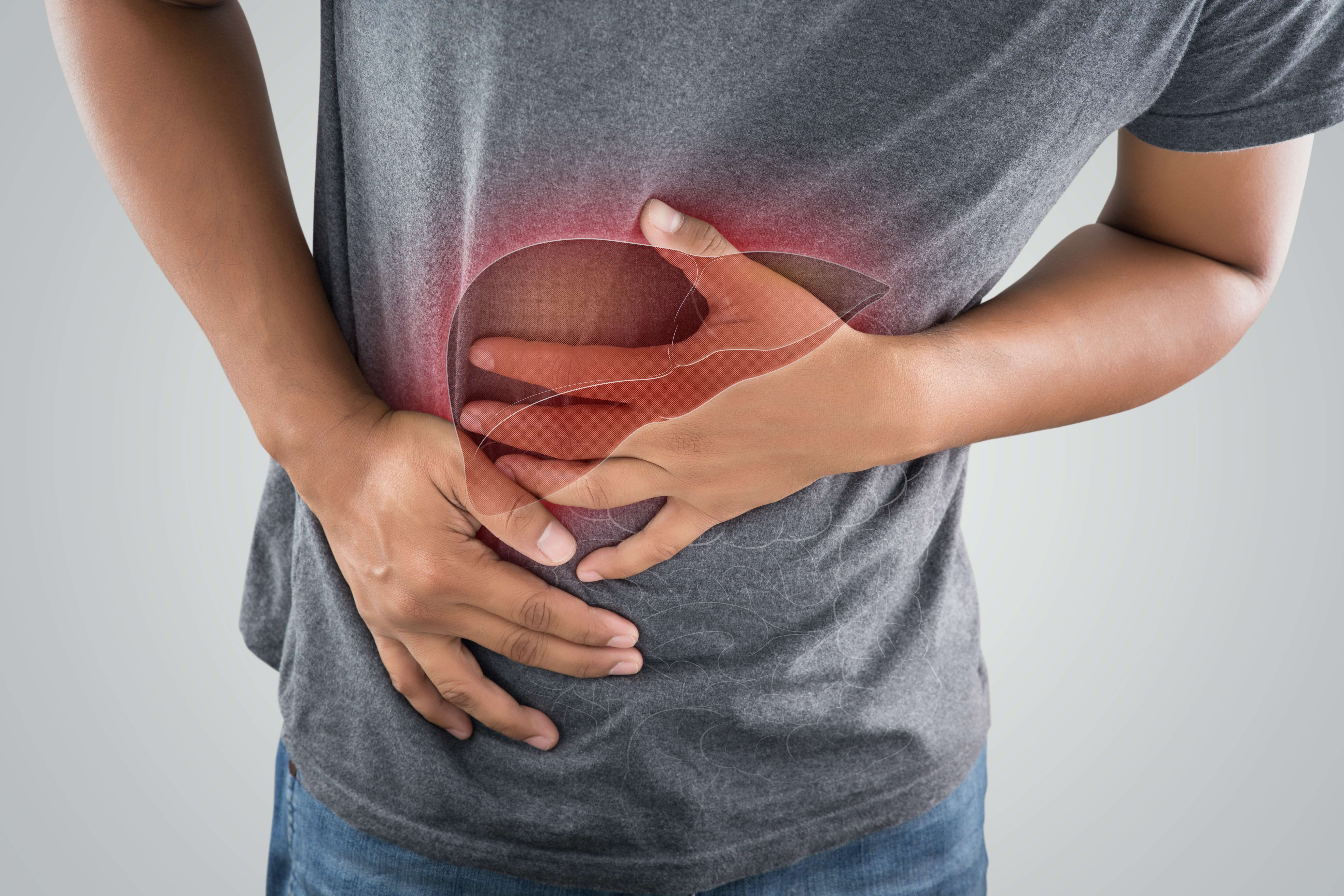Article: Parasite Infection-could THIS be the cause of your GUT Problem?

Parasite Infection-could THIS be the cause of your GUT Problem?

Have you ever thought that a parasitic infection could be causing your gut issues? Do you or anyone you know suffer from bloating, distended abdomen, gurgling, nausea upon thinking about food, diarrhoea, constipation, a sensation of fullness even before you’ve finished eating or continuously hungry, pain under the ribs, feeling nauseous, unexplained weight loss, fatigue, moodiness, rashes or cravings?
A parasitic or bacterial infection can often cause the above symptoms. The first thing to ask yourself is, have I been overseas before?’ Mainly (but not limited to) Asian or African countries? Have you ever had food poisoning or a “common case of gastro”? Have you ever swum in rivers, lakes, or dams. Consumed unfiltered rain or tank water? Have you been to festivals or events where the hand-washing facilities were not completely hygienic? Or perhaps have a smouldering infection in a tooth or gums? Do you live with pets at home?
There are so many ways you can pick up harmful bacteria and parasites. Once you are exposed to any of the above, there is a reasonable probability that this is what may be contributing to your unexplained gut health issues.
Natural bacterial colonies in your stomach, bowel, and large intestine can become occupied by unhealthy bacteria and parasites. These weaken your gut walls and destroy your normal, healthy metabolic functions, resulting in "leaky gut syndrome,” or holes in your gut lining. These holes and channels harbour undigested food, toxins, and especially bacteria and parasites. Living in these leaky channels, they continually excrete their toxins. They especially love feeding off carbs (sugars), which fuel their energy supply; hence you may have sugar cravings. This whole process then forces even stronger immune reactions with fluctuations in the thyroid, liver, and blood sugar levels as your body attempts to defend itself against these unwanted intruders.

There are mainly two types of bacteria. Gram-negative and Gram-positive. Because Gram-positive bacteria only have a single cell wall (even though it’s thicker), they are, in general, much easier to treat.
Although, with Gram-negative bacteria, two cell walls have to be penetrated. Not just one. In essence, the bacteria have two chances to identify and deactivate an antibacterial substance that is hostile. Even if an antibiotic gets into the empty space between the cell walls, it most likely will not kill the bacteria. It still must penetrate the second wall.
Gram-negative bacteria have a series of highly synergistic reactions to antibiotics. In essence, they use three primary mechanisms, all highly coordinated, to resist antibiotics.
In contrast, Gram-positive bacteria rely on their thicker cell wall and very rapid efflux pumps to withstand conventional treatments.
The major resistant Gram-positive organisms are Clostridium difficile, Enterococcus spp. (E. faecalis, E. faecium), Mycobacterium tuberculosis, Staphylococcus aureus, Streptococcus spp. (S. pyogenes, S. pneumoniae).
The Gram-negative organisms are Acinetobacter baumannii, Campylobacter jejuni, Enterohemorrhagic E. coli, (E. coli O157, E. coli O157: HM, E. coli O157: H7) Haemophilus influenzae, Klebsiella pneumoniae Neisseria gonorrhoeae Proteus spp. (P. vulgaris, P. mirabilis) and Pseudomonas aeruginosa.
An example of how these can so easily spread is when wounded soldiers from overseas present at hospitals with active infections that spread across hospitals. The bacteria enter the body through wounds, breathing tubes, catheters, and injection sites. Anything that breaks the surface will allow an entry point for foreign pathogens. They are generally spread by health-care workers and are especially troublesome because they can live on hospital surfaces (and unsuspecting hospital staff's hands) for up to 5 months. Most hospital infections from these bacteria (aside from those due to combat) come from the insertion of contaminated breathing tubes during hospital procedures; 82 percent of these patients develop severe pneumonia and can die as a result. Catheter insertion can cause severe infections of the urinary tract. Injections, the drawing of blood, intravenous lines, surgical drains, and open wounds invite infection of the bloodstream, a.k.a. bacteremia.
Consequently, if the right herbs have not been used to treat your bacteria or parasitic infections properly, they will remain latent in your body, causing systemic damage. Meanwhile, it wreaks havoc with your gut and immune system for many, many years (as will pharmaceutical antibiotics, as many research studies have shown). But that is another subject for another day.
An experienced natural medicine practitioner can effectively treat Gram-negative and Gram-positive bacteria and parasitic infections with the correct herbs combined. This is vital to remove unhealthy bacteria. They do not leave your host body on their own accord. Common herbs such as Black Walnut, Wormwood, and Cloves are tremendous and commonly used in herbal medicine. Additionally, with particularly resistant strains of bacteria, other herbs will need to be utilised. Cryptolepis, Barberry, Juniper Berry, and Japanese Knotweed (to name a few) will synergistically move the herbs through your body, focusing on specific targets and effectively eradicate all of them.
This type of treatment plan usually needs to be undertaken for at least a month to eradicate the bacteria/parasites and their breeding lifecycle.
The original article was written by Trudy Kither, Naturopath and Owner, Guerison & Nature’s Temple, Maroochydore. guerison.com.au
